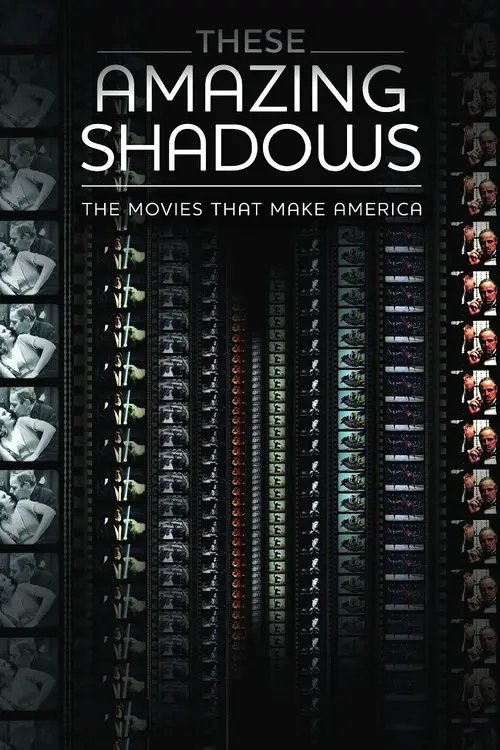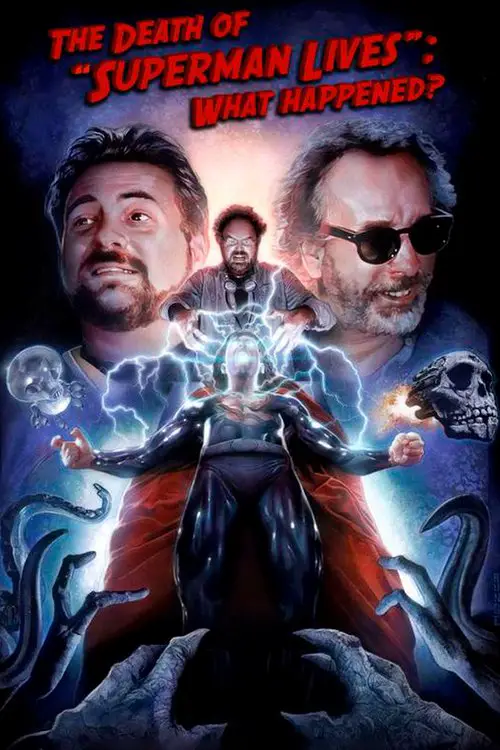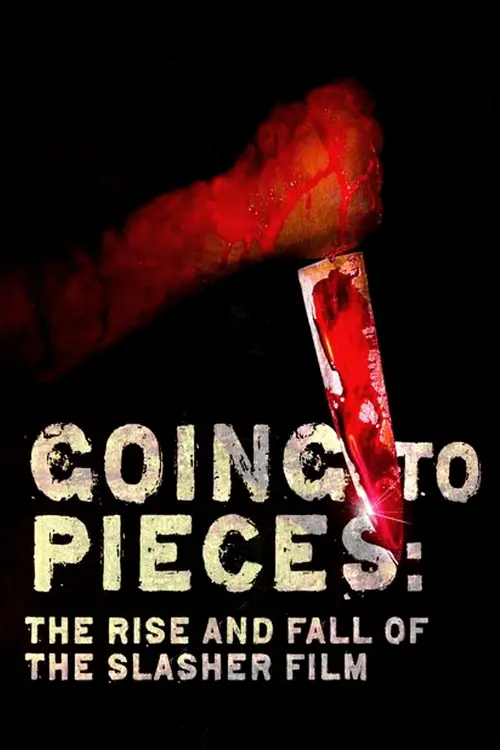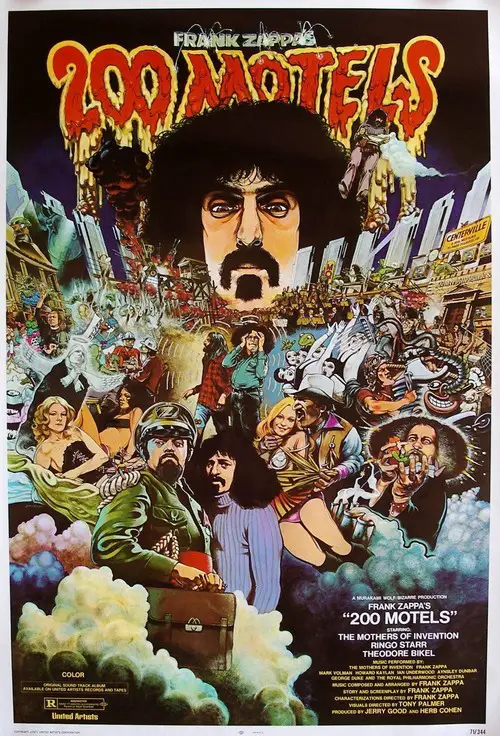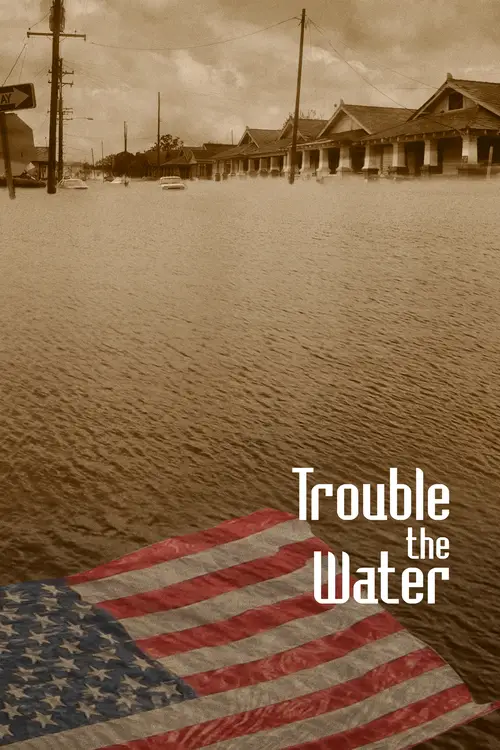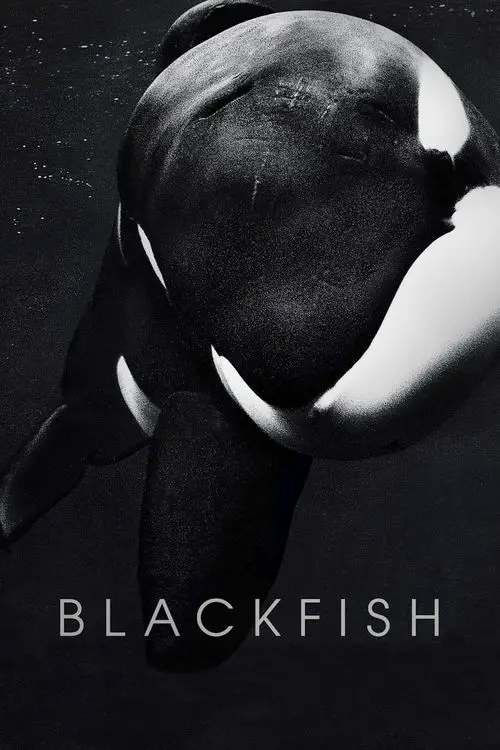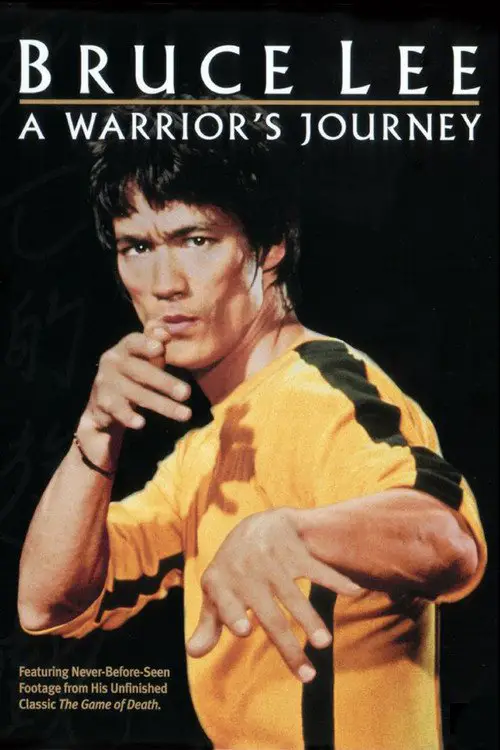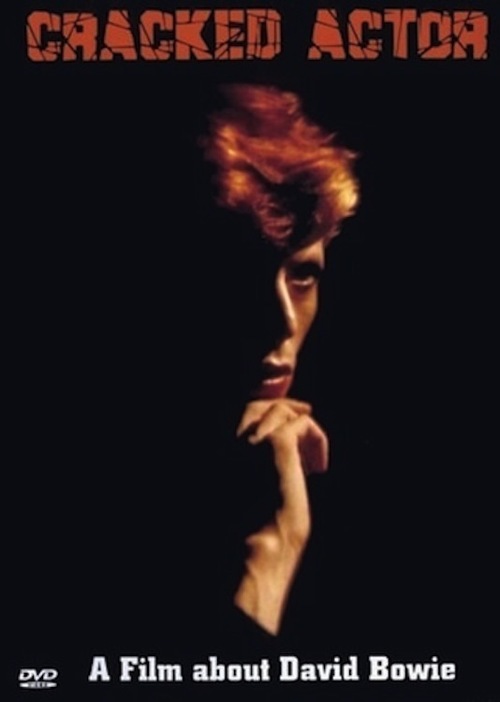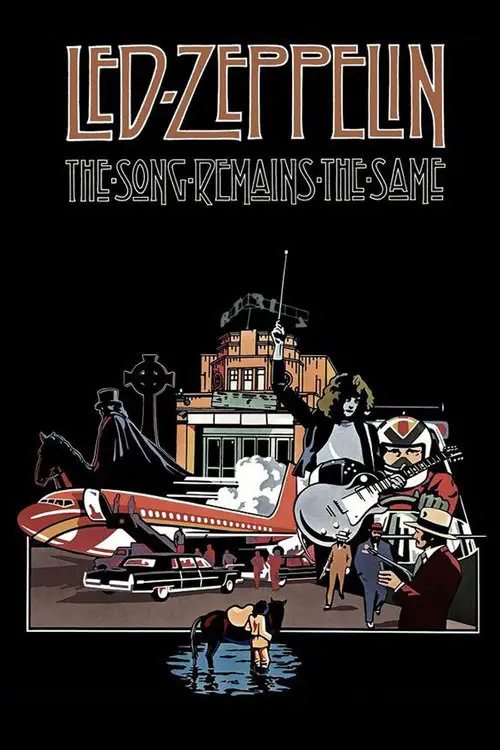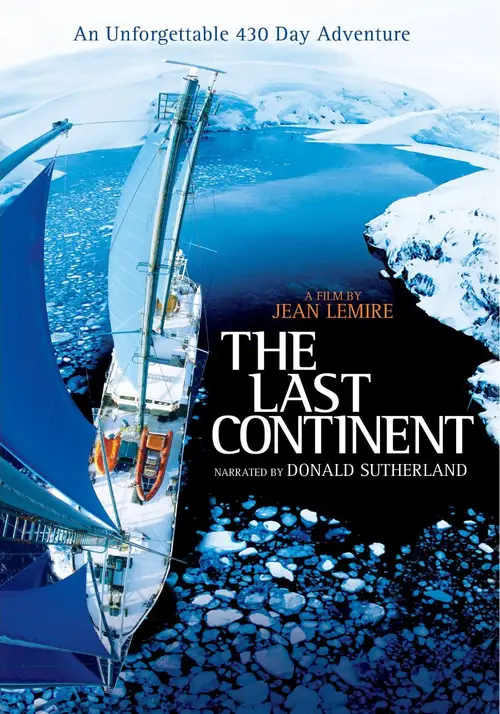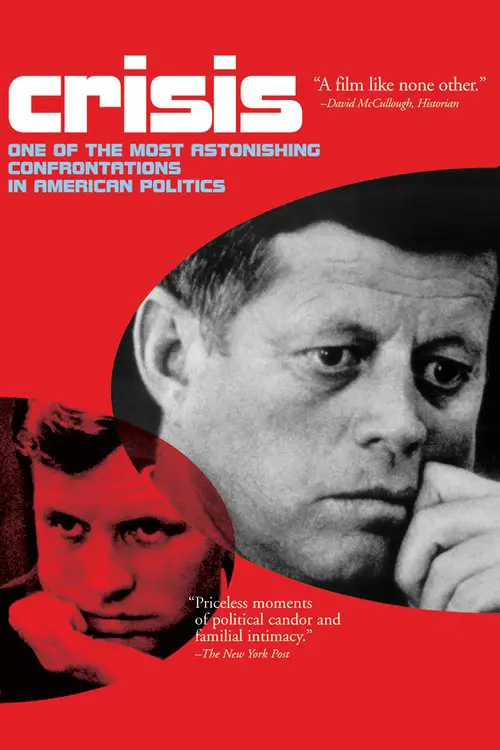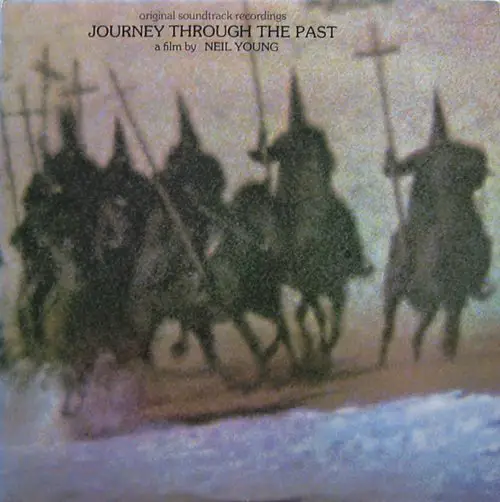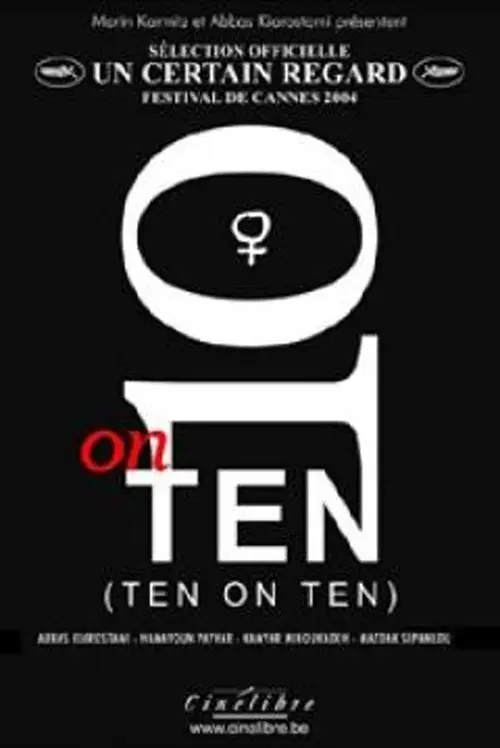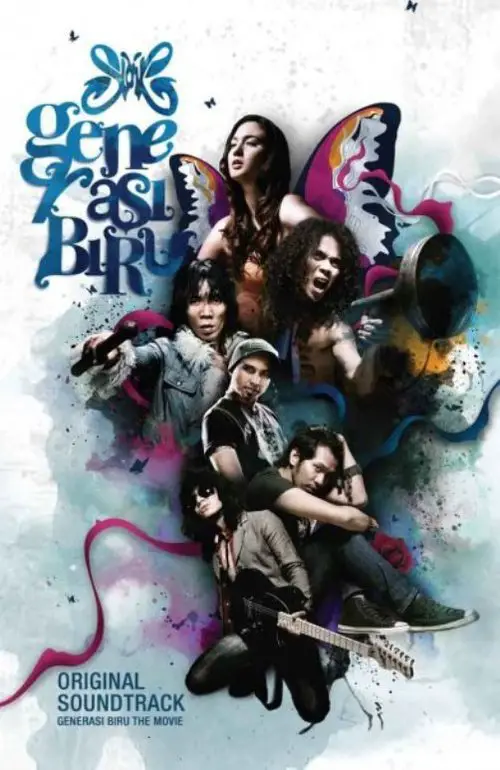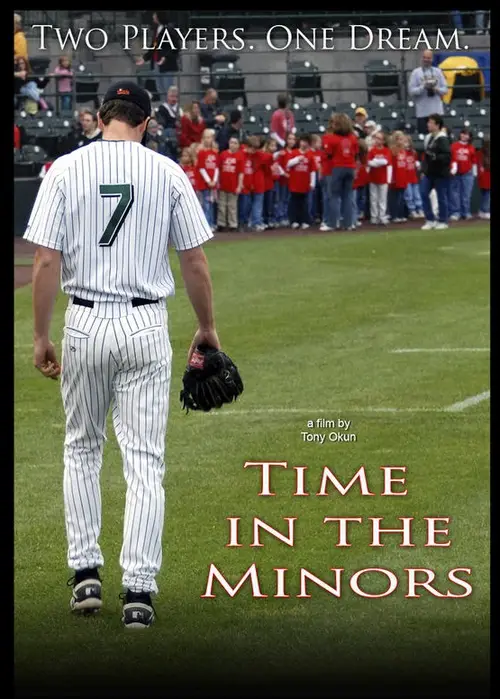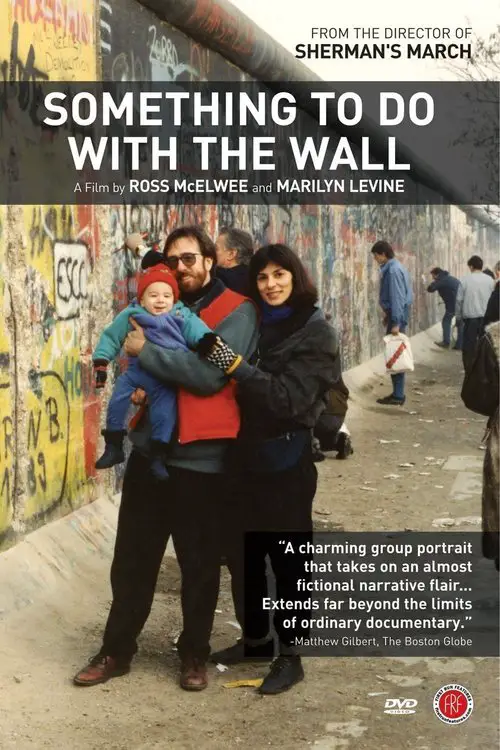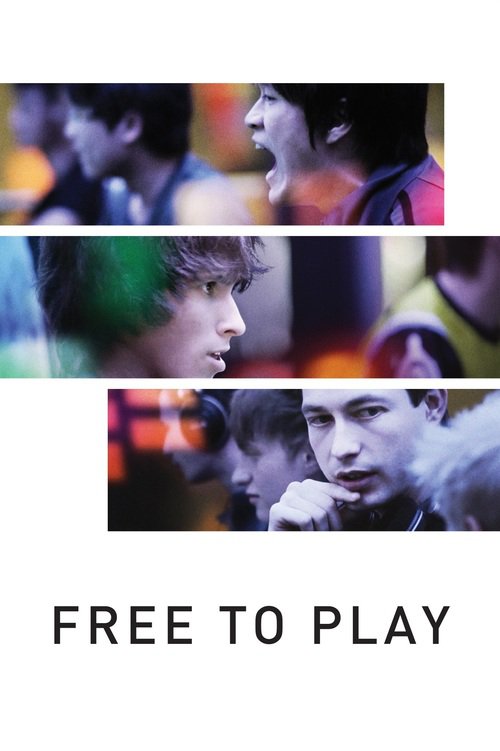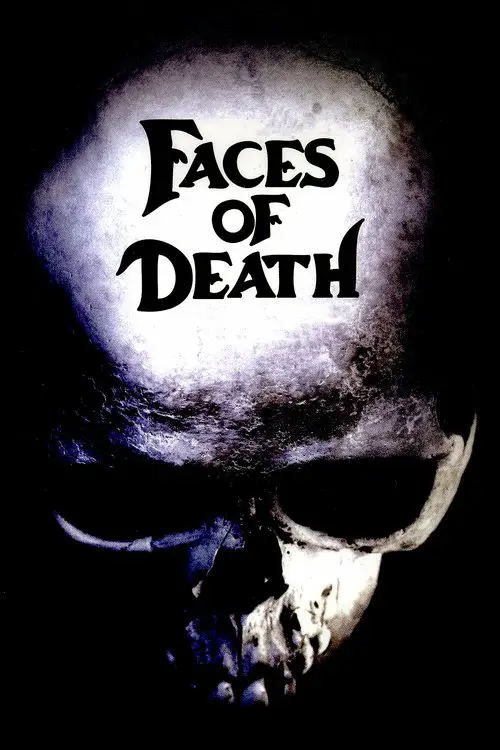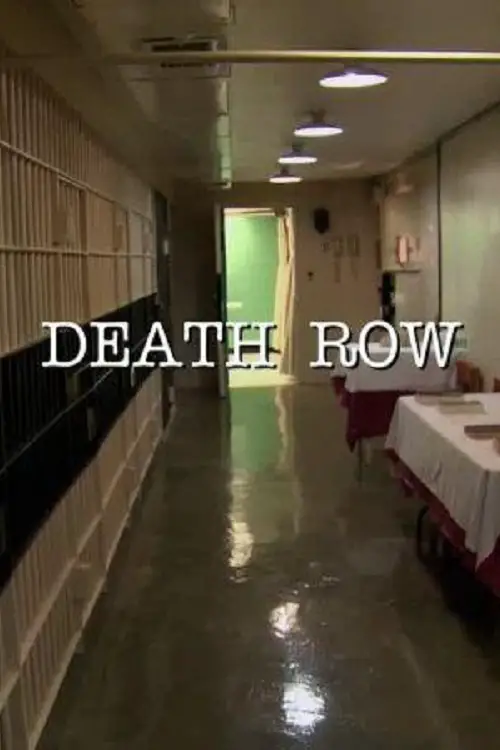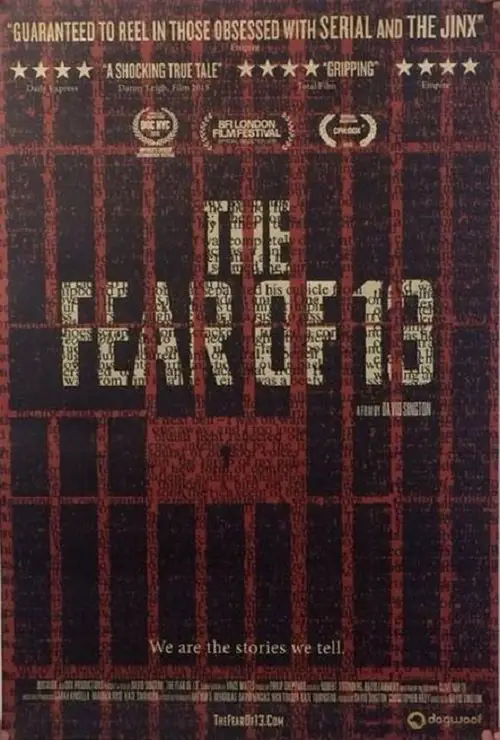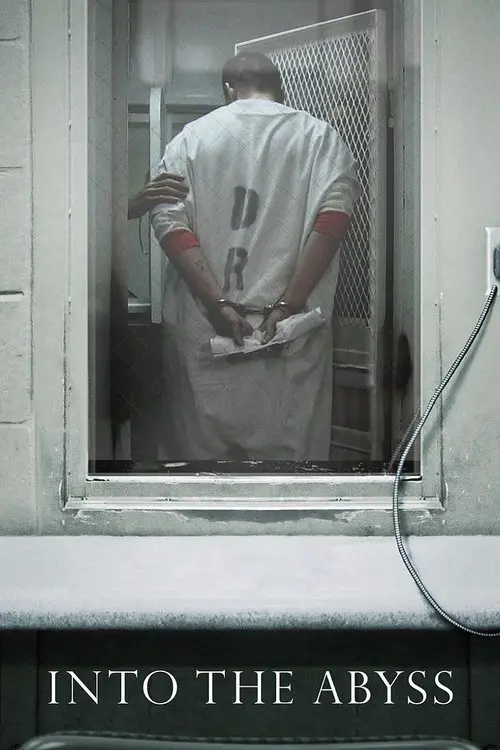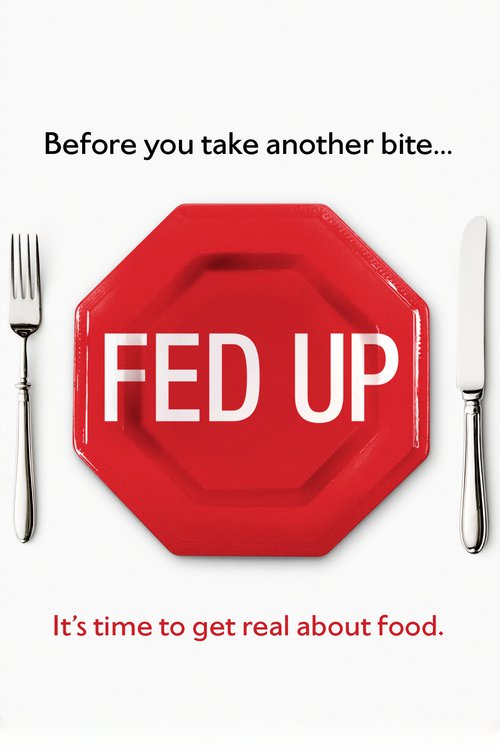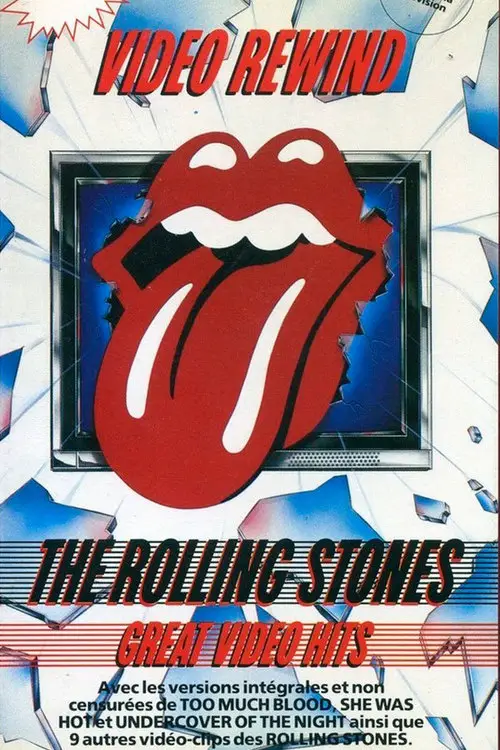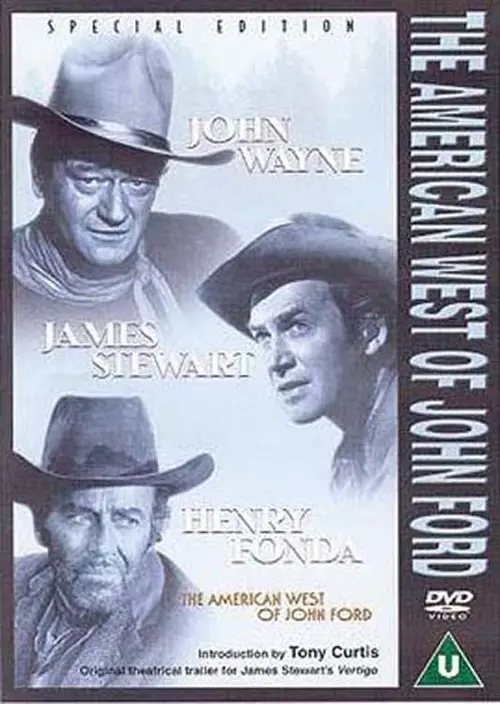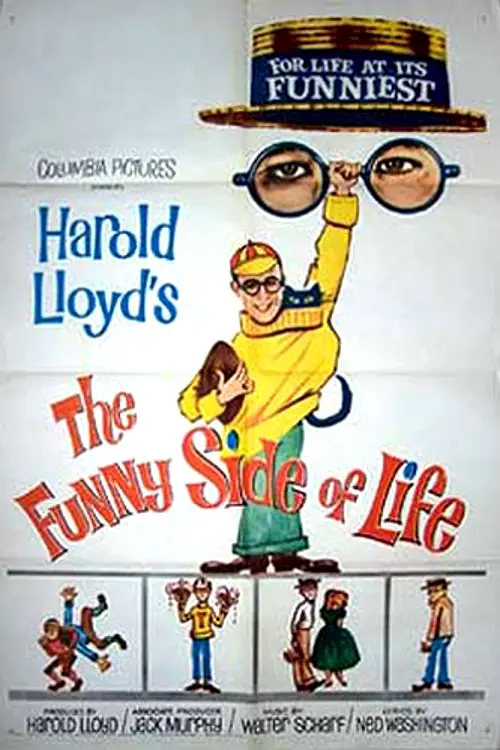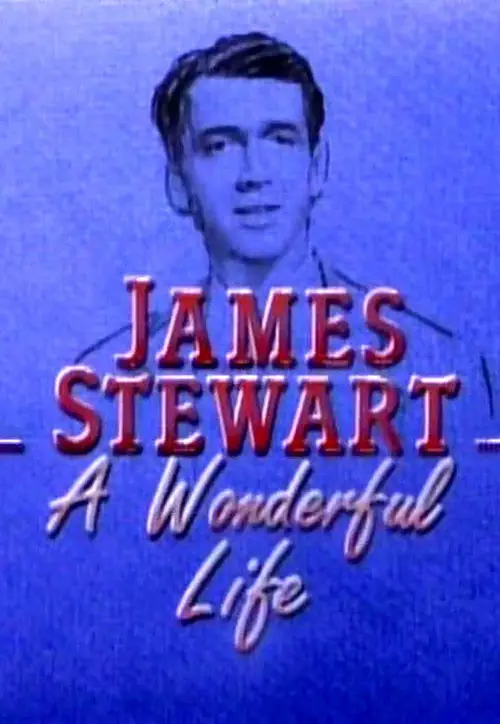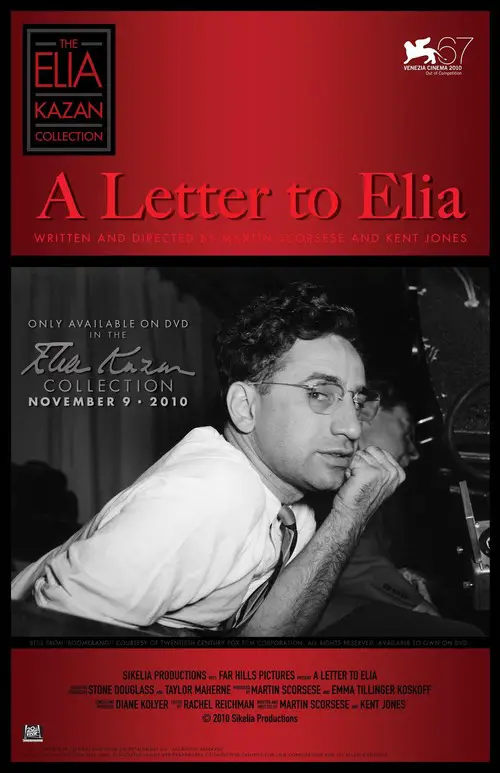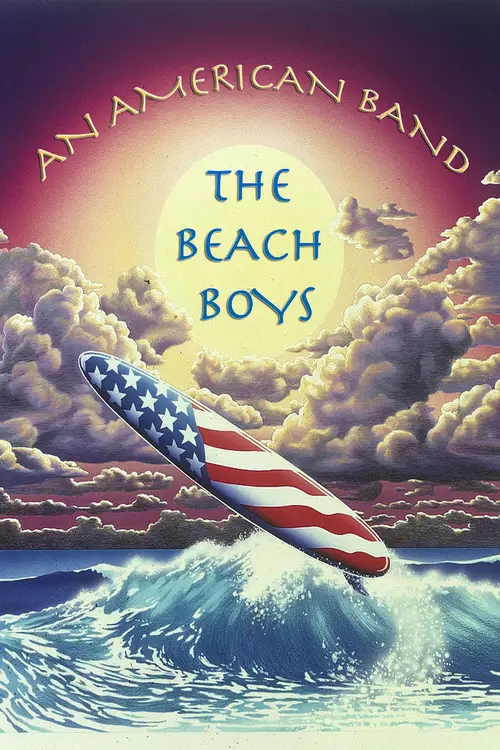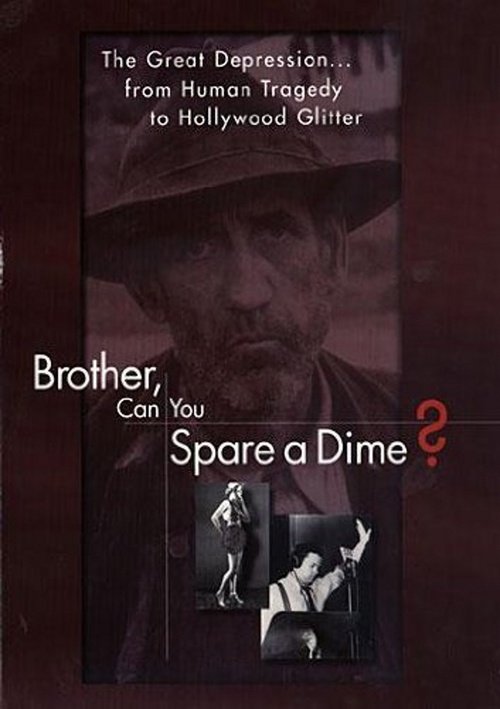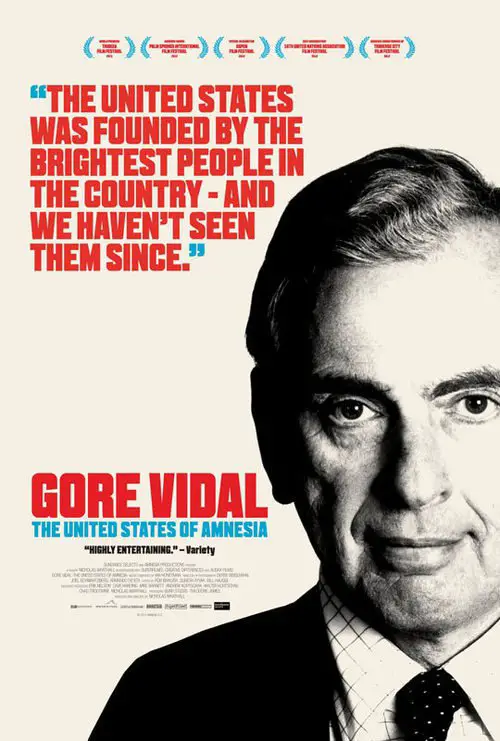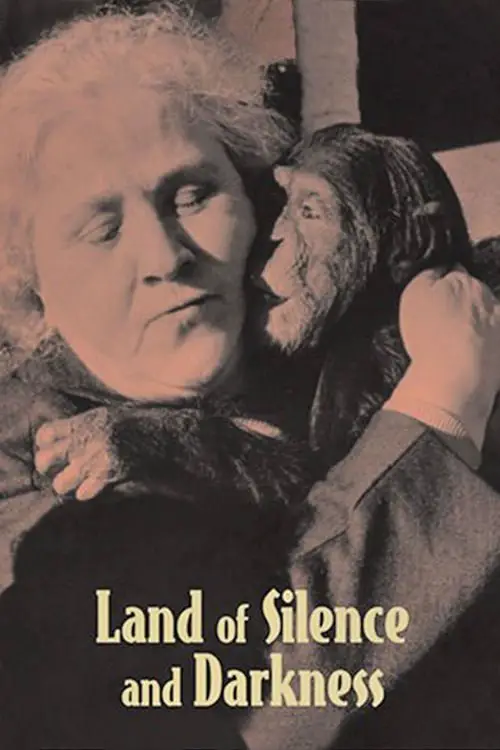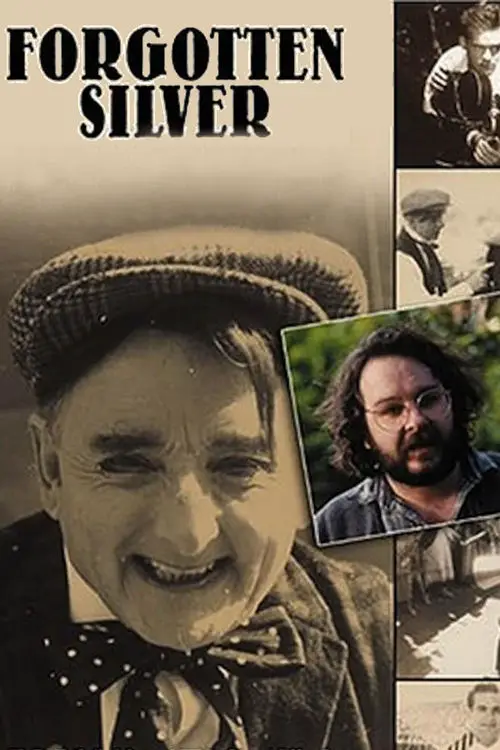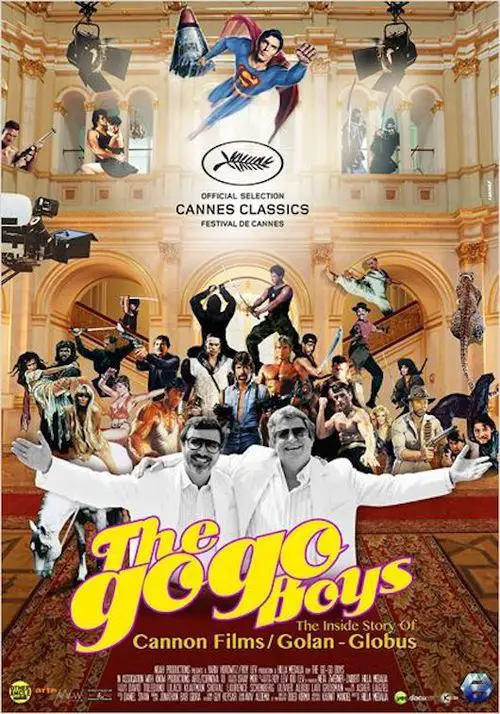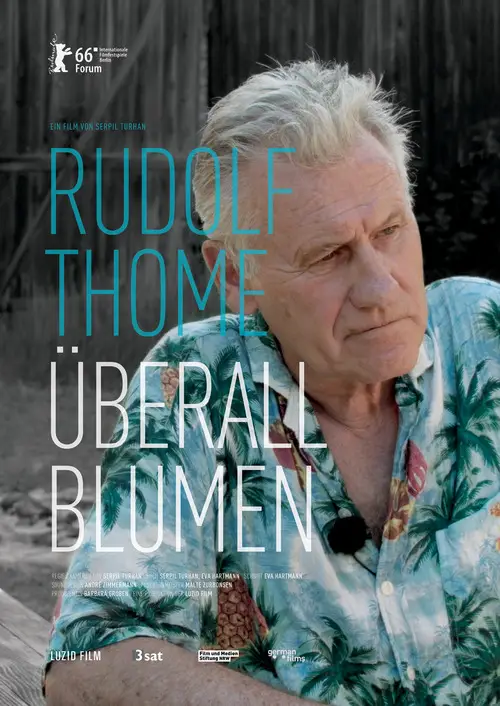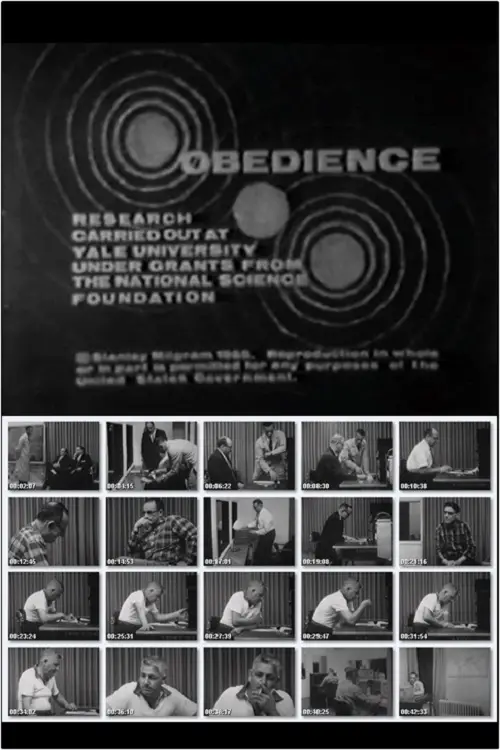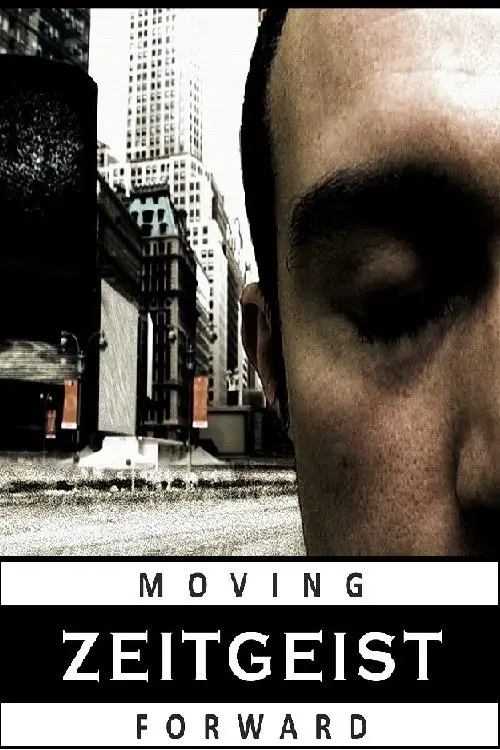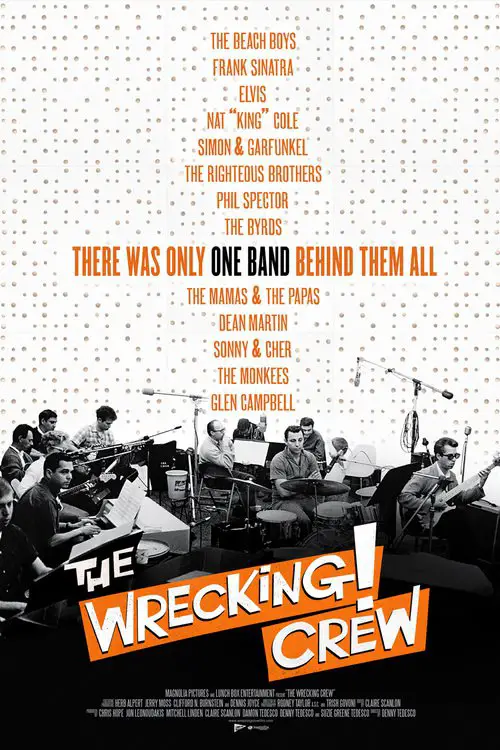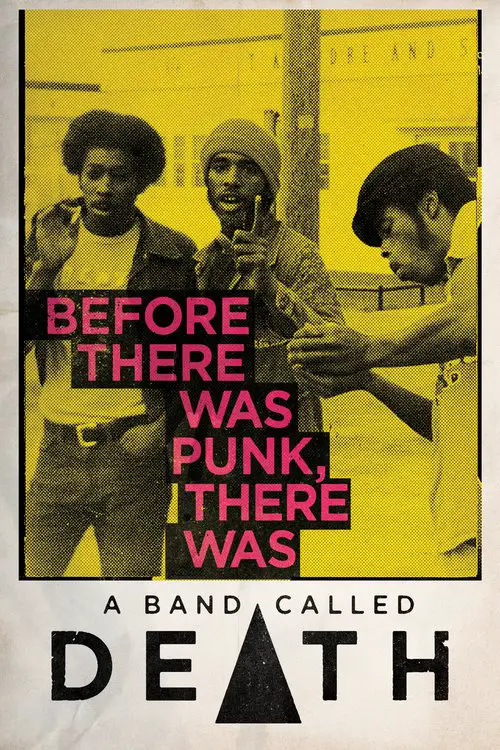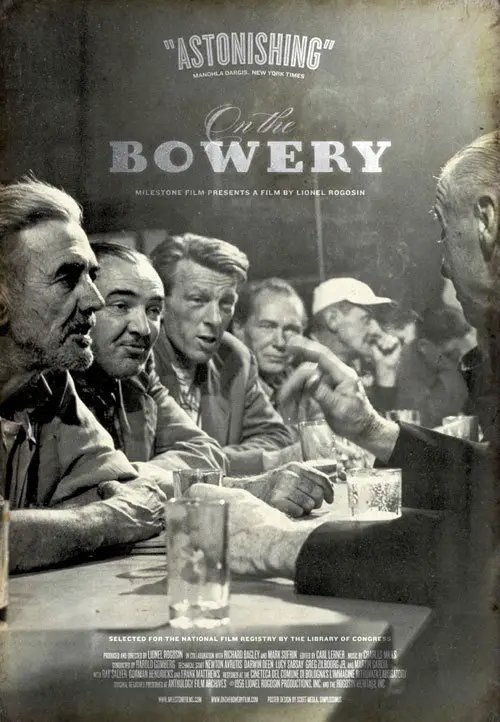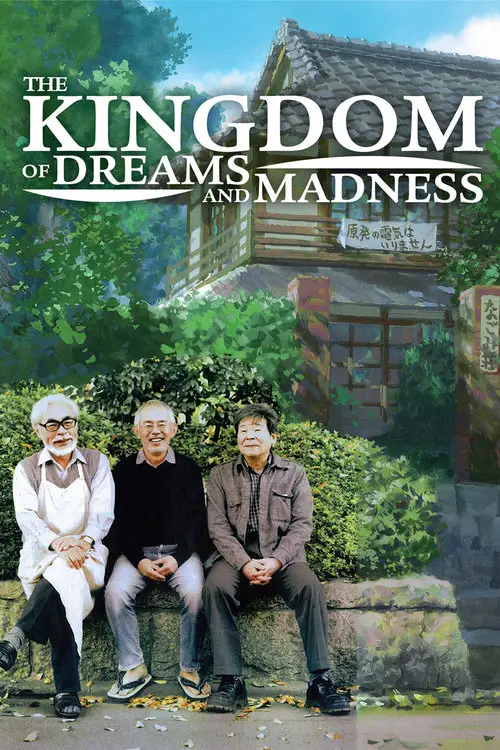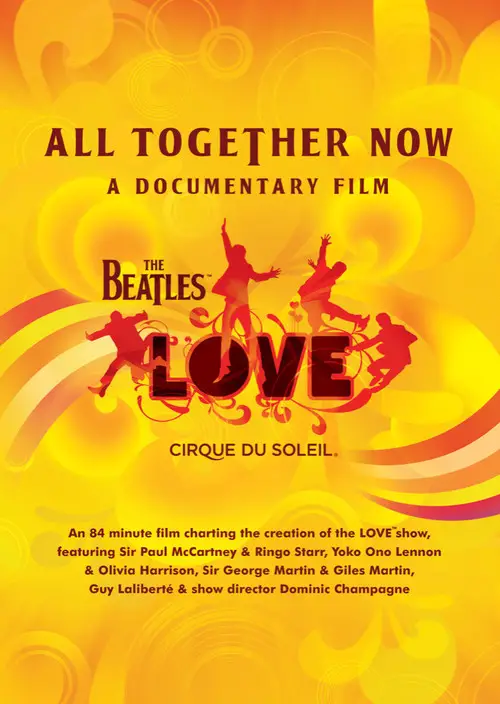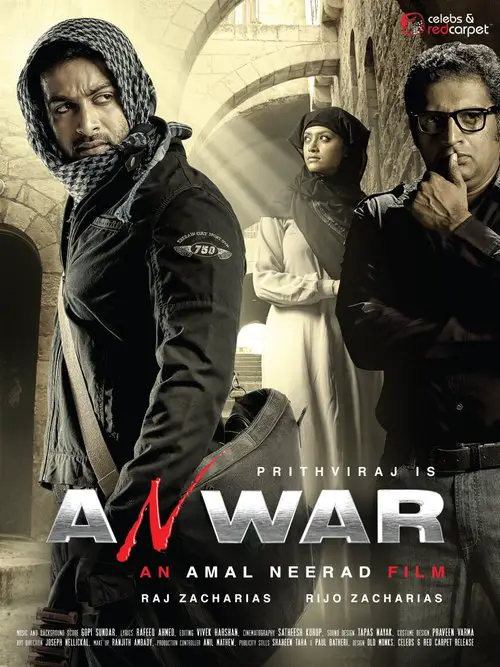Lyrical Nitrate (1991)
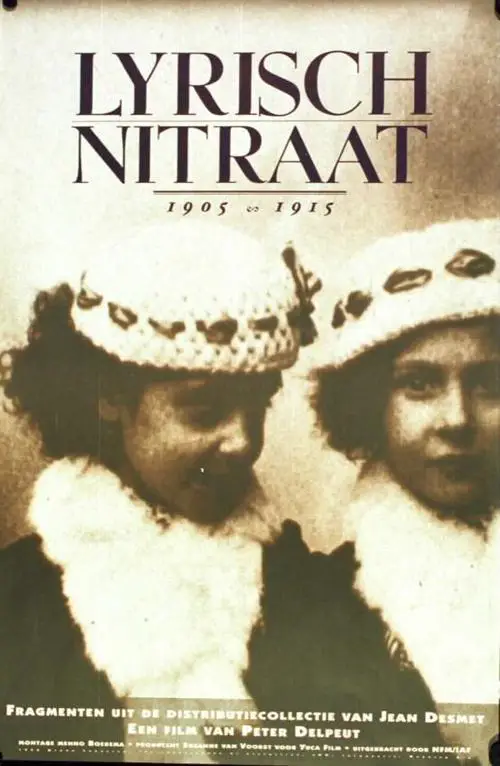
Similar movies
The Death of 'Superman Lives': What Happened? feature film documents the process of development of the ill fated "Superman Lives" movie, that was to be directed by Tim Burton and star Nicolas Cage as the man of steel himself, Superman. The project went through years of development before the plug was pulled, and this documentary interviews the major players: Kevin Smith, Tim Burton, Jon Peters, Dan Gilroy, Colleen Atwood, Lorenzo di Bonaventura and many many more.
This historical and critical look at slasher films, which includes dozens of clips, begins with "Halloween," "Friday the 13th," and "Prom Night." The films' directors, writers, producers, and special effects creators comment on the films' making and success. During the Reagan years, the films get gorier, budgets get smaller, and their appeal wanes. Then, "Nightmare on Elm Street" revives the genre. Jump to the late 90s, when "Scream" brings humor and TV stars into the mix. Although some criticize the genre as misogynistic (Siskel and Ebert), most of the talking heads celebrate the films: as long as there are teenagers, there will be slasher films, says one.
"Touring makes you crazy," Frank Zappa says, explaining that the idea for this film came to him while the Mothers of Invention were touring. The story, interspersed with performances by the Mothers and the Royal Symphony Orchestra, is a tale of life on the road. The band members' main concerns are the search for groupies and the desire to get paid.
Humanityâs ascent is often measured by the speed of progress. But what if progress is actually spiraling us downwards, towards collapse? Ronald Wright, whose best-seller, âA Short History Of Progressâ inspired âSurviving Progressâ, shows how past civilizations were destroyed by âprogress trapsââalluring technologies and belief systems that serve immediate needs, but ransom the future. As pressure on the worldâs resources accelerates and financial elites bankrupt nations, can our globally-entwined civilization escape a final, catastrophic progress trap? With potent images and illuminating insights from thinkers who have probed our genes, our brains, and our social behaviour, this requiem to progress-as-usual also poses a challenge: to prove that making apes smarter isnât an evolutionary dead-end.
IN THE SHADOW OF THE MOON combines archival material from the original NASA film footage, much of it never before seen, with interviews with the surviving astronauts, including Jim Lovell, Dave Scott, John Young, Gene Cernan, Mike Collins, Buzz Aldrin, Alan Bean, Edgar Mitchell, Charlie Duke and Harrison Schmitt. The astronauts emerge as eloquent, witty, emotional and very human.
"Trouble the Water" takes you inside Hurricane Katrina in a way never before seen on screen. The film opens the day before the storm makes landfall--just blocks away from the French Quarter but far from the New Orleans that most tourists knew. Kimberly Rivers Roberts, an aspiring rap artist, is turning her new video camera on herself and her Ninth Ward neighbors trapped in the city. Weaving an insider's view of Katrina with a mix of verité and in-your-face filmmaking, it is a redemptive tale of self-described street hustlers who become heroes--two unforgettable people who survive the storm and then seize a chance for a new beginning.
Legendary martial artist Bruce Lee is the subject of this thoughtful documentary by Lee aficionado John Little. Using interviews, behind-the-scenes footage and action sequences from Lee's last (unfinished) film, Game of Death, Little paints a textured, complex portrait of the world's most famous action hero
Cracked Actor is a 53-minute-long BBC television documentary film about the pop star David Bowie. It was filmed in 1974. At the time he was a cocaine addict and the documentary has become notorious for showing Bowie's fragile mental state during this period. It was made by Alan Yentob for the BBC's Omnibus documentary strand, and was first shown, on BBC2 in the United Kingdom, on 26 January 1975. The documentary depicts Bowie on tour in Los Angeles, using a mixture of documentary sequences filmed in limousines and hotels, and concert footage. Most of the concert footage was taken from a show at the Los Angeles Universal Amphitheatre on 2 September 1974. There were also excerpts from D.A. Pennebaker's concert film Ziggy Stardust and the Spiders from Mars, which had been shot at London's Hammersmith Odeon on 3 July 1973, as well as a few other performances from the tour. Cracked Actor is notable for being a source for footage of Bowie's ambitious Diamond Dogs tour.
The best of Led Zeppelin's legendary 1973 appearances at Madison Square Garden. Interspersed throughout the concert footage are behind-the-scenes moments with the band. THE SONG REMAINS THE SAME is Led Zeppelin at Madison Square Garden in NYC concert footage colorfully enhanced by sequences which are supposed to reflect each band member's individual fantasies and hallucinations. Includes blistering live renditions of "Black Dog," "Dazed and Confused," "Stairway to Heaven," "Whole Lotta Love," "The Song Remains the Same," and "Rain Song" among others.
In 2005, a small group of scientists and filmmakers agreed to leave everything behind for more than a year to sail to the Antarctic and live in isolation. Following in the path of the greatest explorers, expedition leader Jean Lemire and the crew of the Sedna IV dedicated themselves completely to measuring the threat posed by global warming in a place where Earth is particularly vulnerable. The resulting film, is a record of their incredible 430-day journey that inspires equal measures of fear and admiration. Alternating between captivating images of beauty and serenity, and spine-tingling sequences where the ship's crew finds itself on the edge of catastrophe, this is an expedition where danger and wonder are inextricably linked.
During a two-day period before and after the University of Alabama integration crisis, the film uses five camera crews to follow President John F. Kennedy, attorney general Robert F. Kennedy, Alabama governor George Wallace, deputy attorney general Nicholas Katzenbach and the students Vivian Malone and James Hood. As Wallace has promised to personally block the two black students from enrolling in the university, the JFK administration discusses the best way to react to it, without rousing the crowd or making Wallace a martyr for the segregationist cause.
Journey Through the Past is a 1972 film by Neil Young. Originally shot in 16mm format and then transferred for theatrical release the experimental film is a self-directed combination of concert footage from 1966 onward, backstage footage and semi-fantastic art film-like sequences. Although Journey Through the Past was Young's film debut it was received poorly by critics. The film was released on DVD in 2009 with the Neil Young Archives.
10 on Ten is a 2004 Iranian documentary film directed by Abbas Kiarostami. It was screened in the Un Certain Regard section at the 2004 Cannes Film Festival. Looking to his own art for inspiration, Abbas Kiarostami reflects on his techniques of filming and how he taped certain sequences in Ten in 2001.
Slank is a legendary rock band on the Indonesian scene, known for their politicized lyrics and activism, and for its fanatical fan base - known as "Slankers" - who see the band as something to coalesce around to promote peace and unity in their country. 'The Blue Generation' uniquely combines dance sequences, footage of live performances, interviews, and animations about Indonesia's political history in a gloriously energetic and inspiring manner.
Every year in June, nearly 2,000 athletes out of high school and college are chosen from an amateur baseball draft to play in the minor leagues. This inspiring documentary follows the lives of two young players on their arduous journey to launch Major League Baseball careers. As one faces his final year to tryout, another player wrestles with the pressure of keeping his million-dollar first-round draft contract intact. This thrilling and emotional journey illuminates the power determination can have on whether dreams are achieved or lost.
In 1986, Ross McElwee (Sherman's March) and Marilyn Levine were making a film about the 25th anniversary of the Berlin Wall, when the imposing structure was still very much intact as the worldâs most visible symbol of hardline Communism and Cold War lore. They thought they were making a documentary on the community of tourists, soldiers, and West Berliners who lived in the seemingly eternal presence of the graffiti emblazoned eyesore. But in 1989, as the original film neared completion, the Wall came down, and McElwee and Levine returned to Berlin, this time to capture the radically different atmosphere of the reunified city.
Legendary filmmaker Werner Herzog returns with INTO THE ABYSS: A TALE OF DEATH, A TALE OF LIFE, a riveting examination of a horrible crime which probes the human psyche to explore why people kill--and why the state kills. In intimate conversations with those involved, including 28-year-old death row inmate Michael Perry (who was scheduled to die eight days after his interview with Herzog), the filmmaker achieves what he describes as "a gaze into the abyss of the human soul." As he's so often done before, Herzog's investigation unveils layers of humanity, making an enlightening trip out of ominous territory.
Werner Herzogâs documentary film about the âGrizzly Manâ Timothy Treadwell and what the thirteen summers in a National Park in Alaska were like in one manâs attempt to protect the grizzly bears. The film is full of unique images and a look into the spirit of a man who sacrificed himself for nature.
Documentary filmmaker Robert Kenner examines how mammoth corporations have taken over all aspects of the food chain in the United States, from the farms where our food is grown to the chain restaurants and supermarkets where it's sold. Narrated by author and activist Eric Schlosser, the film features interviews with average Americans about their dietary habits, commentary from food experts like Michael Pollan and unsettling footage shot inside large-scale animal processing plants.
Meeting People Is Easy takes place during the promotion of Radiohead's 1997 release OK Computer, containing a collage of video clips, sound bites, and dialogue going behind the scenes with the band on their world tour, showing the eventual burn-out of the group as the world tour progresses. The inaugural show of the OK Computer tour began on 22 May 1997 in Barcelona, Spain.
Video Rewind by The Rolling Stones is a compilation of video clips recorded between 1972â1984. Instead of just presenting unrelated clips and videos just strung together, it uses a framing 'story', featuring Bill Wyman and Mick Jagger, directed by Julien Temple and includes some video directed by Michael Lindsay-Hogg. It was first released in 1984 on the VHS, Laserdisc, and CED Videodisc format by Vestron home video.
AMERICAN MOVIE is the story of filmmaker Mark Borchardt, his mission, and his dream. Spanning over two years of intense struggle with his film, his family, financial decline, and spiritual crisis, AMERICAN MOVIE is a portrayal of ambition, obsession, excess, and one man's quest for the American Dream.
A warm retrospective tribute on the life and career of actor James Stewart (1908-1997), hosted and narrated by Johnny Carson, with clips from many of his films and interviews with both Jimmy Stewart and several people who have worked with him.
Carson interviews Stewart in a casual setting while strolling through movie sets and some of the settings for some of Jimmy's best known films.
They discuss Mr. Stewarts philosophy of life and career. The movie clips shown cover the entire career of one of the most respected and beloved of American actors.
Also interviewed are Jimmy's wife, Gloria, Katherine Hepburn, Peter Bogdanovich, Clint Eastwood, Richard Dreyfuss, then President Reagan and first lady Nancy Reagan, Lee Remick and Gene Kelly.
Director Martin Scorsese speaks candidly and passionately about one of his formative filmmaking influences: the late Elia Kazan. Utilizing precisely chosen clips from Kazan's signature films including "On the Waterfront," "A Streetcar Named Desire," "Gentleman's Agreement," "Baby Doll," "A Tree Grows in Brooklyn," "A Face in the Crowd," "America, America," and "The Last Tycoon," and interview footage of the director himself, co-directors Scorsese and Kent Jones recount the director's tumultuous journey from the Group Theatre to the Hollywood A-list to the thicket of the blacklist. But most of all, they make a powerful case for Kazan as a profoundly personal artist working in a famously impersonal industry.
Since the invention of cinema, the standard format for recording moving images has been film. Over the past two decades, a new form of digital filmmaking has emerged, creating a groundbreaking evolution in the medium. Keanu Reeves explores the development of cinema and the impact of digital filmmaking via in-depth interviews with Hollywood masters, such as James Cameron, David Fincher, David Lynch, Christopher Nolan, Martin Scorsese, George Lucas, Steven Soderbergh, and many more.
Anchored by intimate, one-on-one interviews with the man himself, Nicholas Wrathallâs new documentary is a fascinating and wholly entertaining tribute to the iconic Gore Vidal. Commentary by those who knew him bestâincluding filmmaker/nephew Burr Steers and the late Christopher Hitchensâblends with footage from Vidalâs legendary on-air career to remind us why he will forever stand as one of the most brilliant and fearless critics of our time.
This dryly funny mockumentary about the lost work of a pioneering New Zealand film genius is probably one of the best examples of the faux-documentary genre. In fact, it was so successful that when it originally aired on New Zealand television, hundreds of viewers bought the premise hook, line, and sinker. If you didn't know any better yourself, it's entirely possible you might be duped into believing the extremely tall tale of one Colin MacKenzie, an ambitious filmmaker who made the world's first talking movie (years before The Jazz Singer), invented color film, and created a huge biblical epic that would put Cecil B. DeMille and D.W. Griffith to shame. Filmmaker Peter Jackson (Heavenly Creatures) shrewdly inserts himself into the film via his documentation of the "discovery" of McKenzie's lost epic, which for years was preserved in a garden shed.
The Go-Go Boys tells the inside story of two Israeli-born cousins, the late Menahem Golan and Yoram Globus, who in pursuit of the âAmerican dreamâ turned the Hollywood establishment upside down. Together they produced more than 300 films and founded the most powerful independent film company in the world, Cannon Films, which was responsible for Israeli and mainstream, Hollywood-blockbuster, action/exploitation hits during the duoâs 1980s hey day, starring the likes of Chuck Norris, Jean-Claude Van Damme and Charles Bronson. Up close and personal, and with the complete cooperation of the filmâs subjects, the film examines the complex relationship between two contradictory personalities, whose combined force fueled their successes and eventual split. A film about filmmaking and two dogged, exceptional characters with modest origins taking on the big boys.
Rudolf Thomeâs idiosyncratic oeuvre was created with a continuity rare in German cinema â he has directed 28 feature-length films over more than four decades since 1968. The writing of the script for film no. 29 and the parallel efforts to secure financing form the thread that runs through this cinematic portrait, which consists wholly of conversations and observations around Thomeâs home, a converted farm in Brandenburg. The filmmaker is nothing if not forthcoming, and the viewer has the opportunity to experience him in various other roles: as a gardener, a father, a cyclist, and a performer of his own persona.
In the film, we see subjects instructed to administer electric shocks of increasing severity to another person, and observe both obedient and defiant reactions. After the experiment, we witness subjects explain firsthand their actions. Obedience is as relevant today as it was at its publication. As we as a society witness suicide bombings, torture, and gang atrocities, we wonder just how far people will go. Fifty years later, this experiment still resonates as people ask themselves, âWould I pull that lethal switch?â This is the only authentic film footage of Milgramâs famous experiment and is essential to all foundational work in social psychology at the graduate, undergraduate, and high school level.
Zeitgeist: Moving Forward, by director Peter Joseph, is a feature length documentary work which will present a case for a needed transition out of the current socioeconomic monetary paradigm which governs the entire world society. This subject matter will transcend the issues of cultural relativism and traditional ideology and move to relate the core, empirical "life ground" attributes of human and social survival, extrapolating those immutable natural laws into a new sustainable social paradigm called a "Resource-Based Economy".
China's greatest living filmmaker Jia Zhangke (Platform, The World) travels with acclaimed painter Liu Xiaodong from China to Thailand as they as they meet everyday workers in the throes of social turmoil. Liu Xiaodong is well-known for his monumental canvases, particularly those inspired by China's Three Gorges Dam project. In DONG, Jia Zhangke visits Liu on the banks of Fengjie, a city about to be swallowed up by the Yangtze River. The area is in the process of being "de-constructed" by armies of shirtless male workers who form the subject of Liu's paintings. Liu and Jia next travel to Bangkok, where Liu paints Thai sex workers languishing in brothels. The two sets of paintings are united in their subjects' shared sense of malaise in the face of the dehumanizing labor afforded them.
Filmmaker Adam Scorgie explores the illegal marijuana industry in British Columbia, revealing how the international business is most likely more profitable than it would be if it was lawful in this enlightening documentary. Marijuana growers, law enforcement officials, physicians, politicians, criminologists, economists and celebritiesâincluding comedian Tommy Chongâshed light on this topical subject in a series of compelling interviews.
Before Bad Brains, the Sex Pistols or even the Ramones, there was Death. Formed in the early '70s by three teenage brothers from Detroit, Death is credited as being the first black punk band, and the Hackney brothers, David, Bobby, and Dannis, are now considered pioneers in their field. But it wasnât until recently â when a dusty 1974 demo tape made its way out of Bobbyâs attic nearly 30 years after Deathâs heyday â that anyone outside a small group of punk enthusiasts had even heard of them.
Among the most important films from the post-war American independent scene are Lionel Rogosinâs On the Bowery and Come Back, Africa â two incredible documents of bygone eras that still resonate today. From the beginning, Rogosinâs style as an independent filmmaker was straightforward and compassionate. His films, made âfrom the insideâ showed the subjects he chose in their normal surroundings and allowed them to speak in their own words. By choosing ordinary people caught up in universal problems â homelessness, racial discrimination, war and peace, labor relations, and poverty â Rogosin made his point poignantly. The Oscar®-nominated On the Bowery is a masterpiece of the American blend of documentary/fiction.
All Together Now details the story behind the unique partnership between The Beatles & Cirque du Soleil that resulted in the creation & launch of "LOVE," the stage production still wowing audiences at The Mirage in Las Vegas, & the double Grammyî-winning album of the same name. Program contents include All Together Now documentary, Changing The Music: A behind-the-scenes look at the decision making process for the "LOVE" concept and music production, Music In The Theatre: A look at the process of creating the "LOVE" show's unique audio design, and Making 'LOVE:' A backstage pass to explore the design of "LOVE," including the art direction, costumes, props, screen imagery and the use of The Beatles' voices in the "LOVE" stage production and its soundtrack.
Rudy grew up in a steel mill town where most people ended up working, but wanted to play football at Notre Dame instead. There were only a couple of problems. His grades were a little low, his athletic skills were poor, and he was only half the size of the other players. But he had the drive and the spirit of 5 people and has set his sights upon joining the team.
Shortbus revolves around a sexually diverse ensemble of emotionally challenged characters trying desperately to connect in New York City. The characters converge in a weekly Brooklyn artistic/sexual salon loosely inspired by various underground NYC gatherings that took place in the early 2000's. The film includes a variety of explicit scenes containing non-simulated sexual intercourse with visible penetration and male ejaculation.
Anwar (Malayalam: à´
ൻവർ) is a 2010 Malayalam film written and directed by Amal Neerad, starring Prithviraj in the title role.[3] The film was released on 15 October 2010. A Tamil dubbed version of the film was released on 19 January, 2011 at 150 centres across Tamil Nadu.[4] The film is loosely based on the 2008 American spy thriller film Traitor.[5][6] Though the film had a phenomenal four-day opening, the momentum was not sustained and the film has ended as a below average grosser at the box office.
The film focuses on the representatives of the Thirteen original colonies who participated in the Second Continental Congress. 1776 depicts the three months of deliberation (and, oftentimes, acrimonious debate) that led up to the signing of one of the most important documents in the History of the United States, the Declaration of Independence.
Axel Foley is back and as funny as ever in this fast-paced sequel to the original smash hit. This time, the Detroit cop heads for the land of sunshine and palm trees to find out who shot police Captain Andrew Bogomil. Thanks to a couple of old friends, Axel's investigation uncovers a series of robberies masterminded by a heartless weapons kingpin, and the chase is on!
© Valossa 2015–2026
| Privacy Policy
